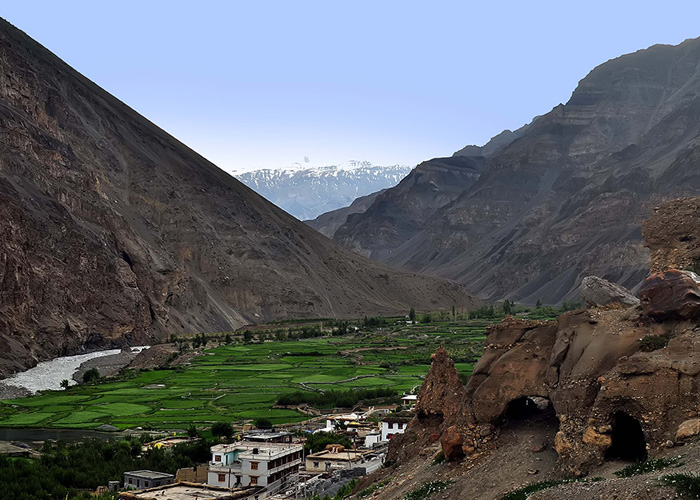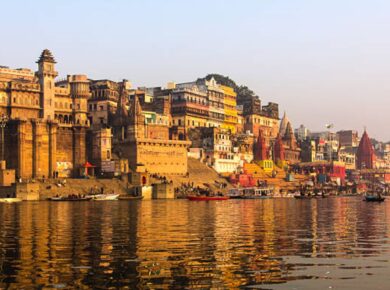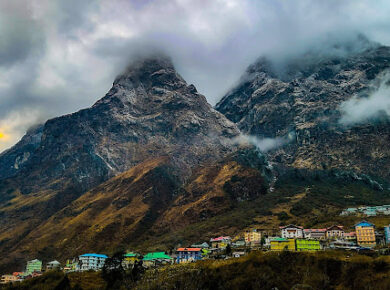Experience Tabo Village – Spiti Valley
‘Spiti’ means the middle land. The land that lies between India and Tibet, the origin and the epicenter; Buddhism straddles across this valley and Tabo has proved to be a ligament. For many centuries, maybe millennia, monks carrying the wisdom of Buddha and their own meditations have crossed over from the highlands of Tibet to the wilderness of India and back. This little town served as an acclimatizing stop where one would let go of the road he’d traveled and breathe-in the path ahead. UcL shares with you the experience we had in Tabo village and Spiti Valley.

History
Seat of a 1020 year old monastery and Buddhist caves from the beginning of history, the Dalai Lama has expressed his desire to retire to Tabo. The language spoken here, Bhoti, bridges the Tibetan dialect with the Himalayan Pahari. In this language the town is called Tapho:
‘Ta’ = horse, ‘pho’ = cave

It is known for its horses and named after the ancient caves which sit on the hillside over the town. Over many years, monks would come to these caves and live in solitude to meditate. With time a small village formed and the monastery (gompa) was established. It became a cultural learning center and even today houses specimens of art and literature which show its flourish. The vivid wall paintings and dramatic stucco sculptures are intricate. They depict the legends and stories of the various forms of Buddha.

Present
Tabo appears as a lush oasis amongst the dry soils of Spiti. Flanked on both sides by the high mountains of Pin-Parvati and Ladakh, the monsoon rarely skips in. The people have turned this valley green with farms of peas and apple; the trees all fed by the Spiti river.
The azure skies, the massive beige mountains are punctuated by fluffy white clouds and the green little town. It is a picture that takes your breath away.
UcL Teaser: The Mummy of Gue looks over his village from a hilltop.
Map of Tabo – Spiti Valley – Himachal




